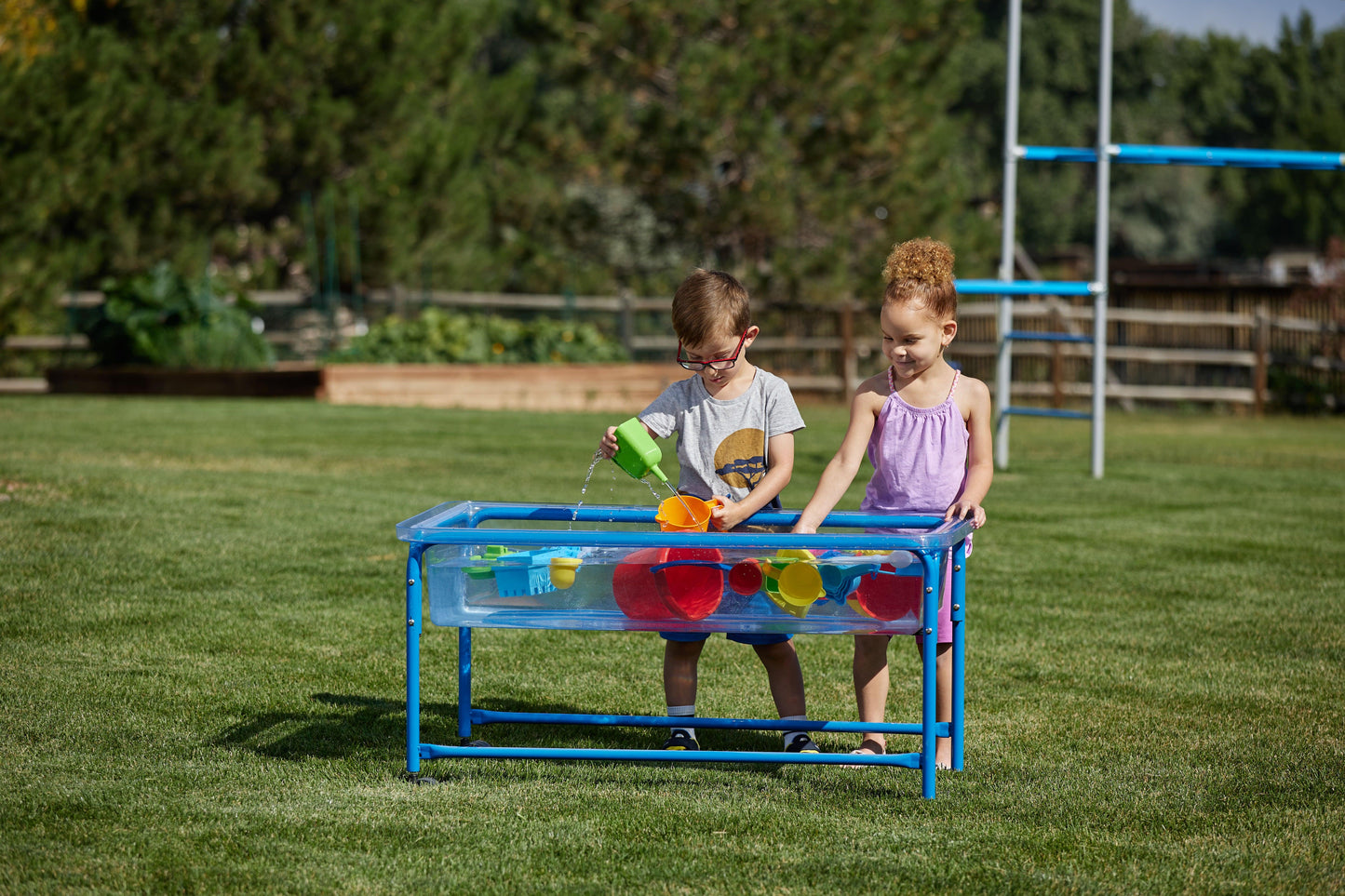
Why is LOTC so important?
Learning outside the classroom (LOTC) refers to educational experiences that take place outside the traditional classroom setting, such as in parks, museums, nature reserves and at home. These visits can also help to inspire children and young people and encourage them to pursue their interests and passions.
LOTC encompasses a wide range of activities, including home learning, outdoor education, educational visits, and school trips. It provides children and young people with quality learning experiences that support their teaching and learning, encourage problem-solving, and develop risk management skills.
Outdoor learning and home learning is a great way to engage children and young people in their education. It can provide a more stimulating and exciting environment than the traditional classroom. For example, it can enhance children’s problem solving skills, help them when adapting to different settings, and help to develop their confidence and independence.
There is a growing body of evidence that supports the benefits of LOTC for children and young people. The Council for Learning Outside the Classroom (CLOtC) promotes and supports the use of LOTC to enhance the learning experiences of children and young people. The CLOtC has developed the LOTC Quality Badge, which schools can apply for to demonstrate that they are committed to providing high-quality LOTC experiences for their students.
Learning outside the classroom can take place all year, anywhere, during half-terms and holidays, not just during the school year.
Benefits of learning outside the classroom
One of the main benefits of learning outside the classroom is that it provides children and young people with a different learning environment. By engaging in outdoor activities, they can learn about the natural world and how it works. They can also develop skills that are not easily taught in the classroom, such as teamwork, leadership, and communication.
However, there are also risks associated with LOTC, which need to be managed carefully. Schools have a duty of care to ensure that their students are safe and protected from harm. This means that they need to carry out risk assessments and take appropriate measures to manage the risks associated with outdoor activities.
Supporting schools in managing risk is an essential part of promoting and facilitating LOTC. The Council for Learning Outside the Classroom provides guidance and support to schools to help them manage the risks associated with outdoor activities. This includes guidance on how to carry out risk assessments, how to plan and prepare for outdoor activities, and how to ensure that appropriate measures are in place to manage any potential risks.
By promoting LOTC we can ensure that children and young people have the opportunity to explore the world around them whilst developing the skills and knowledge.
How can you encourage learning outside the classroom at home?
- Outdoor play equipment: Toys and equipment designed for outdoor play, such as swings, climbing frames and slides encourage children to be physically active and develop their motor skills. We have a special selection of fun active play equipment suitable for use at home or in the garden.
- Science kits: Sand and water play items that include materials for experiments and investigations can be great for outdoor learning. Children can explore scientific concepts such as plant growth, water cycles, and the properties of materials in a hands-on and engaging way.
- Outdoor exploration tools: Binoculars, magnifying glasses, and other tools for outdoor exploration can help children to observe and examine the natural world up close. This can help to develop their scientific and observational skills.
- Gardening tools: Gardening tools such as shovels, rakes, and watering cans can be used to help children to learn about plants, gardening, and the natural world. This can help to develop their scientific and environmental knowledge.
In conclusion, learning outside the classroom is a valuable way to provide children and young people with quality learning experiences. It can provide them with a different learning environment, which can help to stimulate their curiosity and creativity.
View our full range of educational products for children of all age groups, abilities and developmental stages here:
Edx Education – Heather Welch



